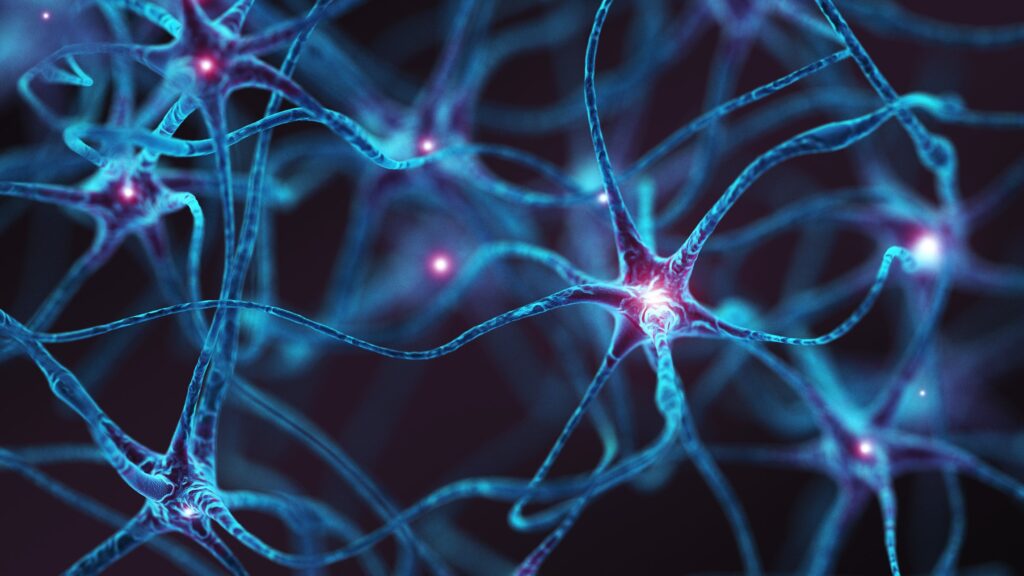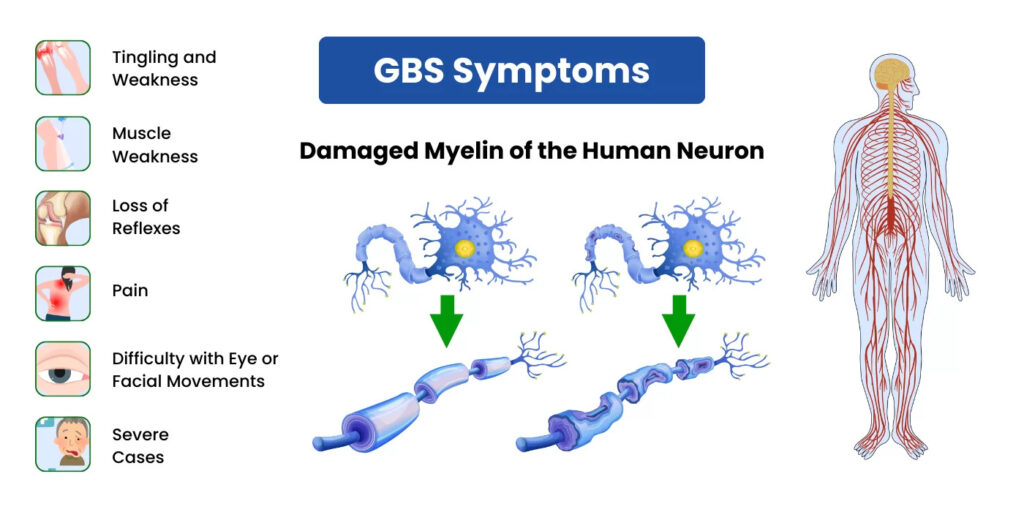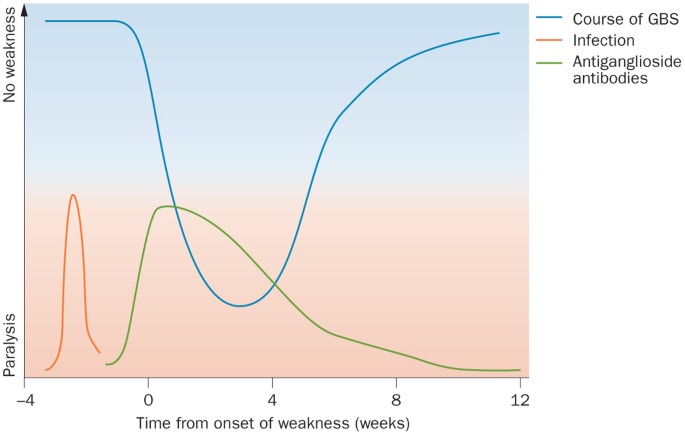Understanding Guillain-Barré Syndrome (GBS): Causes, Symptoms, and Treatment
Guillain-Barré Syndrome (GBS) is a rare but serious neurological disorder in which the body’s immune system mistakenly attacks the peripheral nervous system. This can lead to muscle weakness, numbness, and even paralysis in severe cases. Understanding GBS is crucial for early diagnosis and effective treatment.

What is Guillain-Barré Syndrome?
GBS is an autoimmune disorder that affects the peripheral nerves, which connect the brain and spinal cord to the rest of the body. The immune system, which usually protects against infections, starts attacking these nerves, leading to inflammation and damage.
Causes and Risk Factors
The exact cause of GBS is unknown, but it is often triggered by infections, including:
- Respiratory infections
- Gastrointestinal infections (especially Campylobacter jejuni bacteria)
- Viral infections like influenza, Zika virus, and Epstein-Barr virus
- In rare cases, vaccinations and surgeries have been linked to GBS
GBS can affect individuals of any age, but it is more common in adults and males
Symptoms of GBS
The symptoms of GBS typically start with weakness and tingling in the legs and can spread to the upper body and arms. Other symptoms include:
- Difficulty walking or climbing stairs
- Loss of reflexes
- Muscle weakness or paralysis
- Difficulty breathing in severe cases
- Heart rate and blood pressure fluctuations

Diagnosis and Treatment
Diagnosing GBS involves a combination of medical history evaluation, neurological examinations, and tests such as:
- Lumbar puncture to check cerebrospinal fluid for abnormalities
- Nerve conduction studies to assess nerve function
- Electromyography (EMG) to evaluate muscle response
There is no cure for GBS, but early treatment can help manage symptoms and speed up recovery. Treatment options include:
- Plasmapheresis (plasma exchange): Removes harmful antibodies from the blood
- Intravenous immunoglobulin (IVIG): Helps block immune system attacks
- Physical therapy: Aids in regaining muscle strength and mobility
- Supportive care: Ventilators for respiratory support in severe cases
Precautions and Prevention
While GBS cannot always be prevented, certain precautions can help reduce the risk and manage symptoms effectively:
- Practice good hygiene: Regular handwashing can help prevent infections that may trigger GBS.
- Stay up to date on vaccinations: Some infections that can lead to GBS may be prevented through vaccines.
- Monitor infections closely: If you develop symptoms of respiratory or gastrointestinal infections, seek medical attention promptly.
- Avoid known triggers: If you have a history of GBS, consult with a doctor before receiving certain vaccines or undergoing surgeries.
- Follow a healthy lifestyle: Maintaining a strong immune system through a balanced diet, regular exercise, and proper rest can support overall health.
Recovery and Prognosis
Most people recover from GBS, though recovery can take weeks to months, and some may experience lingering weakness. About 70% of patients recover fully, but some may have long-term nerve damage or residual symptoms. Early treatment increases the chances of a good outcome.

Conclusion
Guillain-Barré Syndrome is a serious but treatable condition. Awareness of its symptoms and seeking prompt medical attention can make a significant difference in outcomes. While the road to recovery may be challenging, medical advancements and rehabilitation therapies offer hope for those affected by this condition
